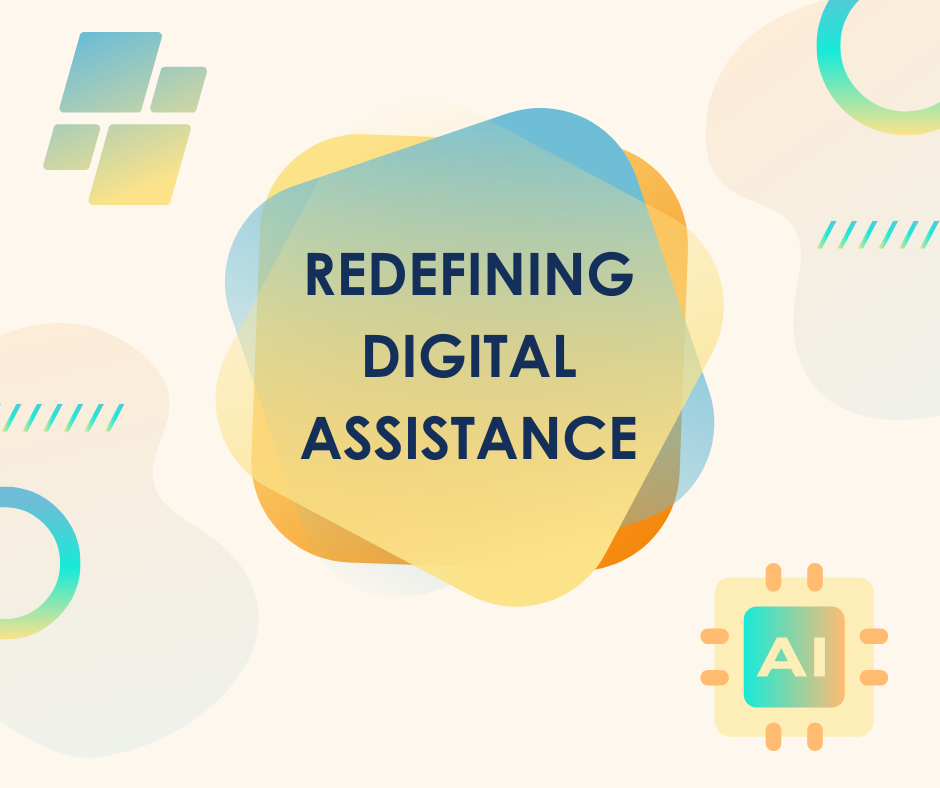For years, chatbots have served as digital helpers—answering questions, booking appointments, and handling basic customer service. But the launch of general-purpose AI agents, like OpenAI’s latest advancement within ChatGPT, signals that we’re entering a new era of digital assistance—one where AI isn’t just reactive, but capable of acting on your behalf.
From Scripted Responses to Autonomous Action
Traditional chatbots operate within strict boundaries. They’re programmed to respond to predefined prompts and follow scripted workflows, which makes them useful—but limited. In contrast, general-purpose AI agents are designed to:
- Interpret more complex instructions
- Plan multi-step tasks
- Interact with multiple systems or platforms
- Act autonomously while keeping user preferences in mind
This shift means digital assistants are evolving from static tools into dynamic, problem-solving collaborators.
Practical Possibilities
Imagine an AI agent that not only helps you draft an email, but also schedules meetings, researches relevant background information, and even follows up automatically if there’s no response. Or a business AI agent that can manage supply chain updates, monitor competitors, and generate tailored reports—all without constant human oversight.
The potential spans across industries:
- Healthcare: AI agents managing patient follow-ups and coordinating care teams
- Finance: Agents monitoring markets and automating routine financial tasks
- Personal Productivity: Custom agents optimizing schedules, reminders, and goal tracking
What Sets General-Purpose Agents Apart
What makes these agents different is their ability to reason, plan, and adapt across diverse scenarios. Instead of relying on rigid scripts, they use large language models, like OpenAI’s GPT-4o, to understand context, make decisions, and learn from interactions.
This adaptability opens the door to more personalized, efficient, and proactive support—a major leap from today’s single-function bots.
Moving Forward: Opportunities and Questions
While the possibilities are exciting, the rise of AI agents also raises important questions:
- How do we ensure safety and accountability when agents act autonomously?
- What data privacy measures will be in place?
- How will this technology reshape jobs and industries?
We’re only beginning to understand the full impact of general-purpose AI agents. But one thing is clear: the era of simple chatbots is giving way to a future where AI can truly assist—not just respond.






